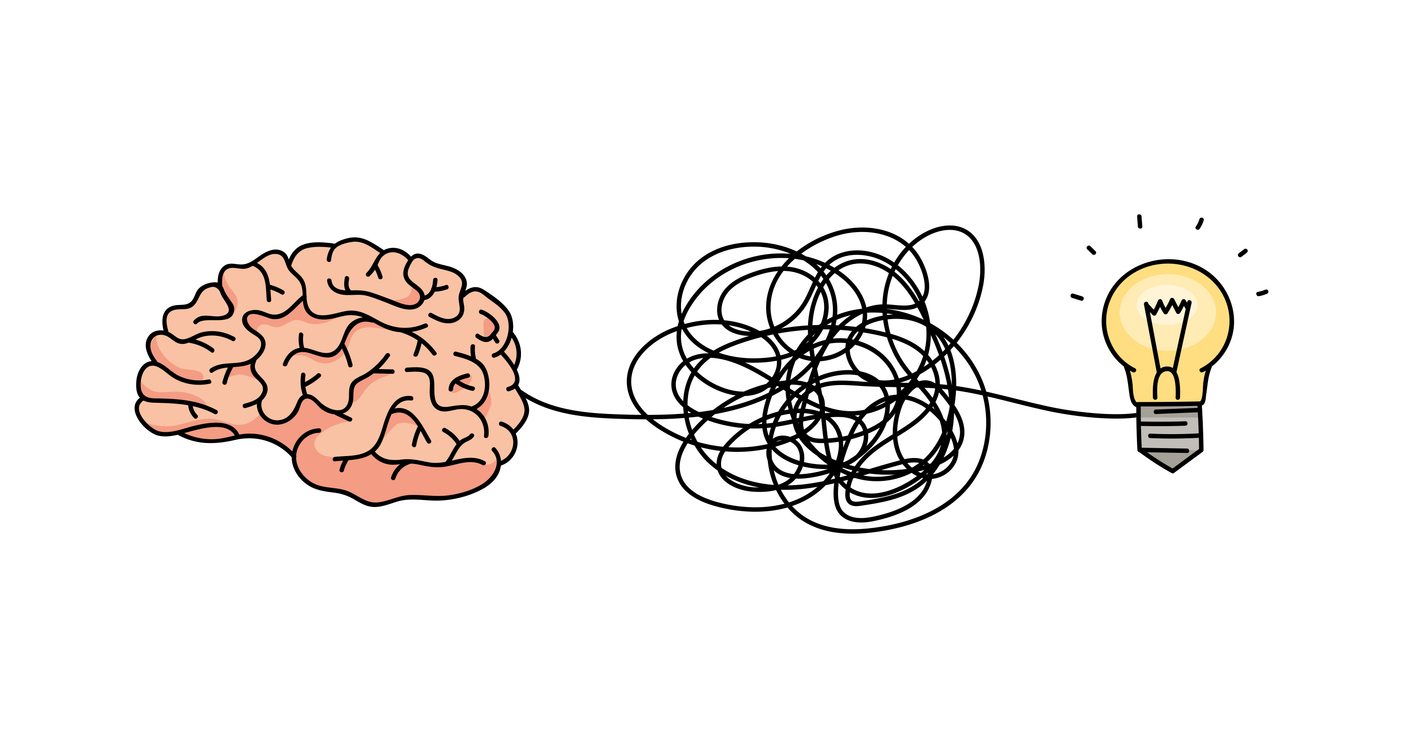Today, probably more than ever, a variety of tools, apps, and methodologies constantly vie for our attention, each promising a more efficient way of arranging our days, setting our goals, and maximizing our productivity.
If you’re reading this, you’re likely someone who believes in planning ahead and setting clear, attainable objectives. But beneath this external organization, a deeper, more fundamental layer often goes unnoticed: the organisation of our thoughts.
Deep clean or a quick tidy-up
When I ask my three boys to tidy their rooms, I know what I’ll see when they excitedly call me to admire their efforts – beds, meticulously made, neatly arranged toys and books ordered by colour and size on the bookshelf.
But then I see the closed closet door and the sets of drawers, and I know what is hiding inside – a complete mess! I know that my boys’ tactic for a clean room involves what you can’t see (what gets swept under the bed or thrown in the closet) just as much as what can be seen.
Think of the mind as an overflowing drawer
If we simply close the drawer and focus on organizing the room around it, the mess within remains untouched. Similarly, by skipping the mental organization and leaping straight into organizing our days or goals, we leave our internal chaos unaddressed. Surely, the true effectiveness of any external plan or strategy depends on the clarity of thought that underpins it?
Before structuring our days, setting our goals, or optimizing our productivity, we must assemble our thoughts into a coherent, manageable whole. Yet, we often bypass this crucial step, focusing on the tangible, more visible aspects of organization.
Organizing our thoughts is a pre-requisite to any form of outward organization
We’re more likely to get on with the external, more visible elements of organisation, like calendars, to-do lists, and milestones – these actions are the easy part. As Henry Ford famously said: “Thinking is the hardest work there is, which is probably why so few engage in it“.
If we look organised, in control, and like we know what we are doing, then surely we will manifest success!
Maybe, but most probably not.
Organized thoughts act as the blueprints for our goals. They enable us to accurately identify what we want (and don’t want), why we want it, and what we are going to do to get it. The clearer our thinking, the clearer our goals, strategies and tactics become, and the more likely we are to succeed in achieving them.
Organised thoughts also enable clear reasoning, informed decision-making, and effective problem-solving. It’s like clearing our cluttered rooms: with unnecessary items removed, our minds function with better focus and higher efficiency. So, before we reach for our apps, calendars, or organizers, let’s first reach into our minds.
Our BBIT courses teach thinking frameworks that help you organise your thoughts to think more clearly, make better decisions, and get to your end goals quicker. Sign up to an upcoming course or trial our FREE module on Critical Thinking.
Mirta is a Director of ViAGO Limited, a behavioral science enthusiast, and a mum to three boisterous boys.
